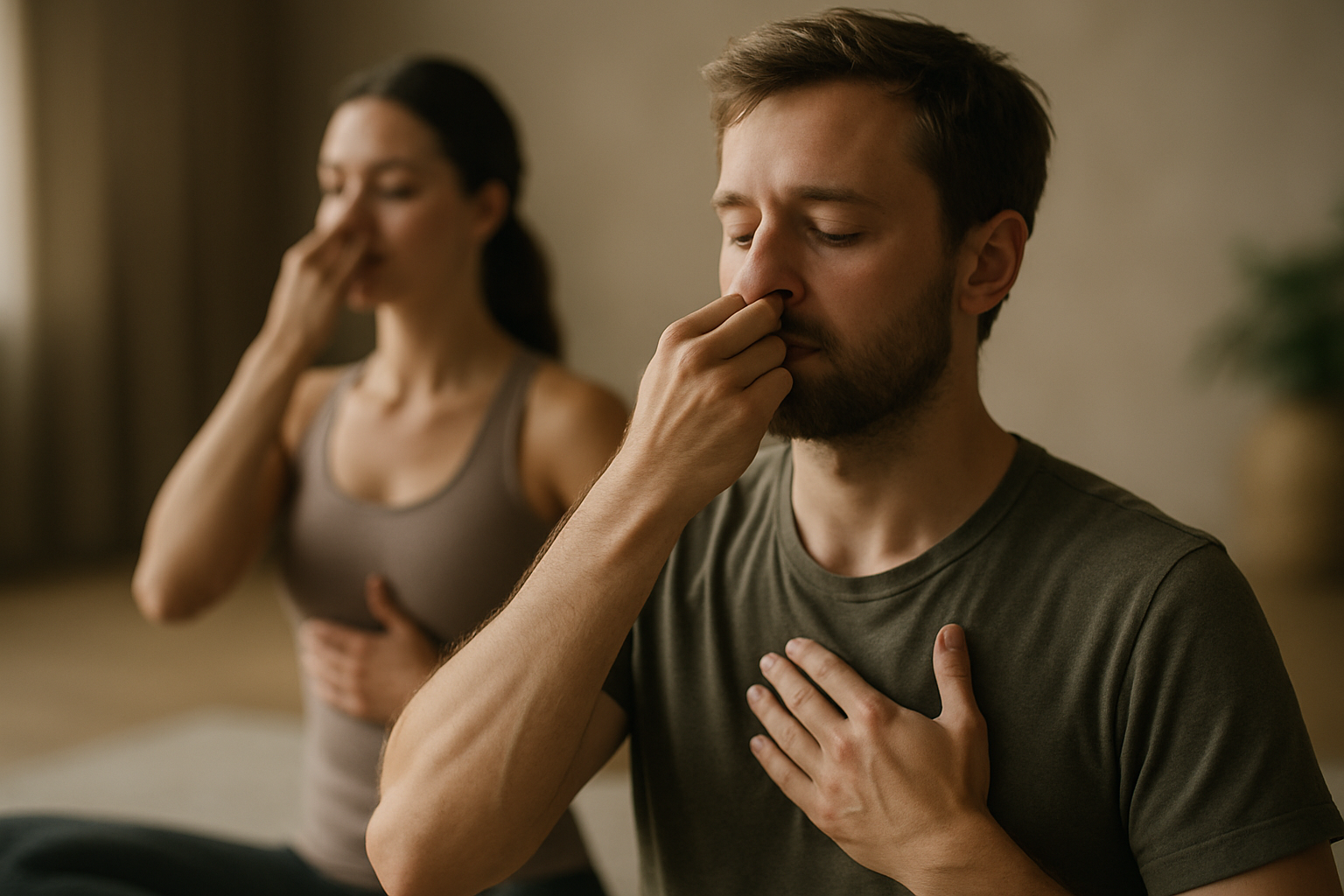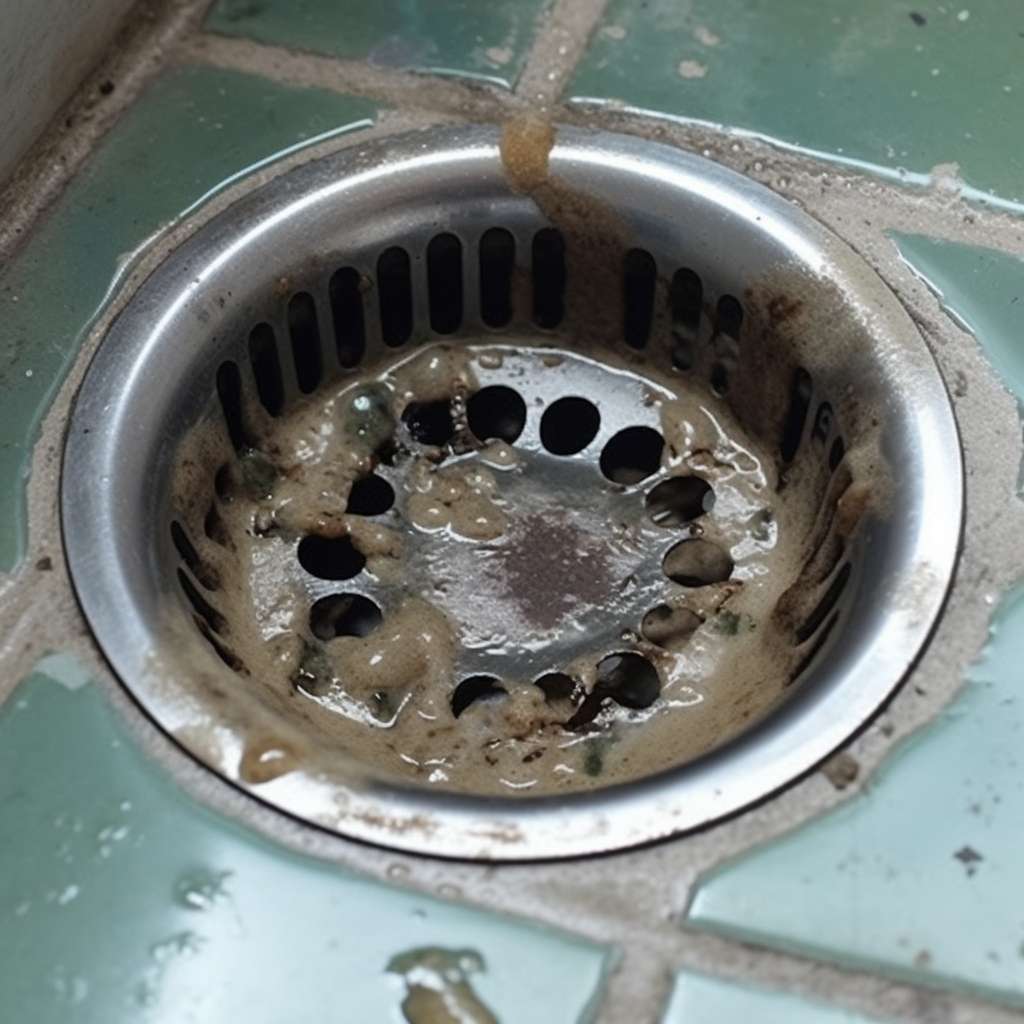Community-based approaches to sustaining healthy daily habits
Community-driven strategies can make healthy daily habits more achievable by combining social support, shared routines, and practical resources. Local groups and online circles can reinforce sleep, nutrition, movement, and stress-management practices while encouraging mindfulness, resilience, and periodic digital detox to protect focus and energy.

Adopting and sustaining healthy daily habits often depends as much on social context as on individual determination. Communities—neighborhood groups, workplaces, clubs, or online circles—can create shared routines, reduce friction around change, and offer accountability that supports mental well-being, consistent sleep, balanced nutrition, and regular movement. Thoughtful group design can strengthen focus and energy while making recovery and resilience part of everyday life.
This article is for informational purposes only and should not be considered medical advice. Please consult a qualified healthcare professional for personalized guidance and treatment.
How can community support mental wellbeing?
Social connection is a core determinant of mental health, and community structures can make support practical rather than optional. Peer support circles, facilitated discussion groups, and informal buddy systems provide regular contact and normalize conversations about stress and coping. Communities also offer opportunities to practice brief mindfulness exercises together, exchange resilience strategies, and notice early signs of burnout. When groups prioritize inclusivity and psychological safety, people are more likely to sustain mental-health habits and seek professional help when needed.
How can communities improve sleep routines?
Communities influence sleep through social norms and environmental changes. Local programs can share guidance on sleep hygiene, promote consistent bedtime routines, and organize low-stimulation evening activities. Workplaces might offer flexible or staggered schedules to reduce late-night workload pressures, while neighborhood initiatives can reduce noise and light pollution. Group challenges that encourage tracking sleep patterns and swapping recovery tips help members identify habits that improve daytime focus and overall energy.
How can communities sustain better nutrition habits?
Eating patterns are shaped by access, skills, and social environments; community-led actions can address all three. Shared kitchens, cooking clubs, and healthy potlucks increase exposure to nutritious recipes and make meal prep more efficient. Community-supported agriculture or local co-ops can reduce cost and logistical barriers to fresh produce, while skill-sharing sessions teach simple, time-efficient cooking techniques. Group meal planning and recipe exchanges encourage routine and make it easier to maintain nutrition goals during busy periods.
How can groups encourage regular movement?
Movement becomes easier to sustain when it’s social and embedded in everyday life. Walking clubs, lunchtime movement breaks, group fitness classes, and active-commute initiatives create predictable opportunities for exercise. Peer encouragement raises motivation, and shared goals help members tailor plans to individual ability, reducing injury risk and supporting recovery. Communities can also map accessible routes, provide low-cost equipment lending, and organize mobility workshops that integrate movement into normal routines for long-term energy and focus.
How can communities reduce stress and build resilience?
Stress reduction at the community level focuses on normalization and practical skill-building. Workshops on breathwork or mindfulness, peer-led stress-management groups, and shared resources for crisis response foster a culture that values recovery. Communities that model flexible expectations and encourage regular breaks reduce chronic stressors. Embedding small resilience practices—brief check-ins, rotating leadership, realistic planning—creates repeated chances for members to practice coping skills and strengthen collective adaptability.
How can tracking and digital detox support habits?
Tracking tools and periodic digital detoxes can complement community habit efforts when used intentionally. Simple, privacy-respecting tracking—paper logs, shared spreadsheets, or opt-in apps—helps groups monitor sleep, movement, and nutrition trends while maintaining accountability. Organized digital detox periods or device-free meetups restore attention, protect sleep quality, and improve face-to-face connection. Combining light tracking with communal digital-free time encourages reflection on patterns without creating dependency on metrics.
Sustaining daily habits through community-based approaches requires attention to accessibility and diversity. Effective groups set attainable goals, offer multiple participation options, and remove common barriers such as scheduling conflicts or childcare needs. Practical infrastructure—shared calendars, clear communication channels, and local services that support healthy food and movement—amplifies individual efforts and embeds good habits into everyday life.
Community approaches do not replace professional care but can complement individual strategies by making healthy choices easier, more enjoyable, and more consistent. With supportive social structures, shared resources, and thoughtful design, communities can help members maintain routines that enhance mental health, sleep, nutrition, movement, and stress resilience over the long term.





